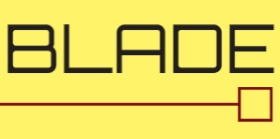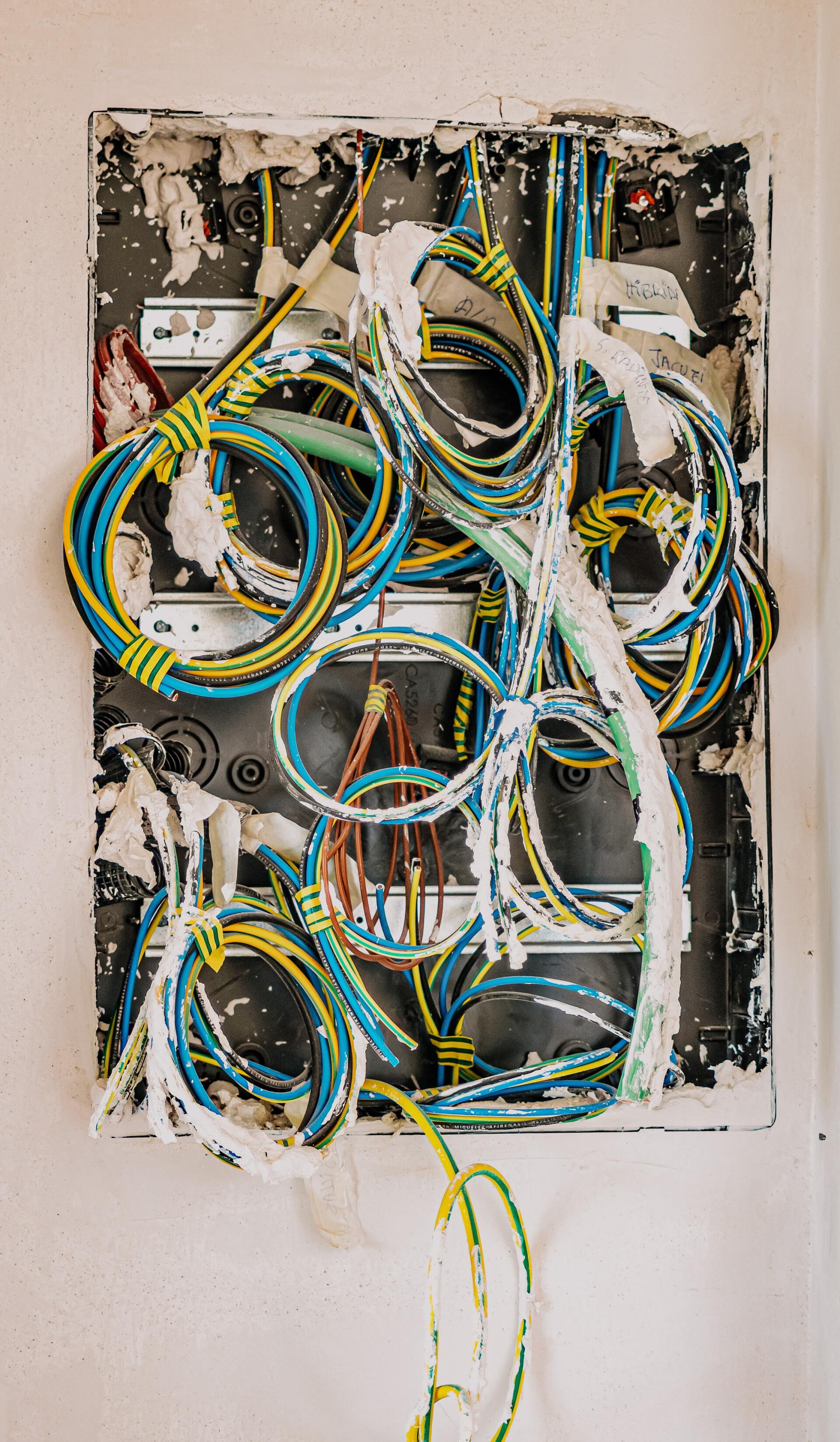How to identify a good candidate for a job?
How to identify a good candidate for a job?
How to identify a good candidate for a job?
As a recruitment manager with over 20 years of experience, I have found that when a candidate does not work out, 9/10 times the issue could have been prevented by an experienced recruiter asking the correct questions during the screening stage.
A tip for every interviewer is not to read the candidates CV at interview, during the interview screening process, the candidate would need to be familiar with their CV to be able to answer questions on their work history without either the interviewer or interviewee needing to look at the CV.
Question One. What are you doing now?
This may seem an odd place to start but it is incredible how many recruiters follow a CV and presume the person is working in the position last listed on their CV. This is truly not the case in over 80% of cases.
If a recruiter does not ask this question they will miss vital information that may essentially give them a reason that this candidate is not suitable for the job role or the insight to identify a good candidate for the job role.
The recruiter should have paper to hand and during the interview do a timeline of jobs in the last 5 years and focus on the reasons for leaving.
Essential decision making facts are found in the person's reasons for leaving previous job roles.
Reason’s for leaving should make sense and be explored thoroughly, leaving a job for “more of a challenge”, is not enough information to understand the true nature and driving motivation for the person being interviewed.
Why did the candidate not feel there was enough of a challenge in the previous role and what is the type of challenge they are looking for in a new position? The reason and explanation should be clear and make sense. This is absolutely a crucial element in your search to identify a good candidate for a job.
If a candidate left a job for more money, then how much were they paid in the last role and what was the salary in the next job role? It should then not be less as this would not make sense and should result in further exploration of the real reason for leaving.
Leaving a job without having another job in place.
This is a “red flag” and should be explored in depth and the recruiter should have complete understanding and the reason should make sense before the recruiter can move on from this.
Loyalty is key at an interview.
An employee is bound by a duty of good faith to their employer and at all times should show that loyalty even after they have left the company. There is no acceptable reason to bad mouth a previous employer at an interview. In your quest to identify a good candidate for a job role, look carefully at how the candidate handles this question. This is very telling in identifying your perfect candidate for a job.
Any person who is looking for a company to invest in them, should show absolute loyalty to previous employers. A candidate must have a reason for leaving that does not include bad mouthing a previous employer or the staff at a company they have worked for.
If you want a loyal candidate who is committed to your company, look at the candidate who manages to have good reasons for leaving that show the employee respects the duty of good faith to any company who they have worked for, even after the relationship has ended.
Timeline
When looking at how to identify a good candidate for a job, the interviewer makes a timeline of the work history during the assessment without a CV and establishes the reasons for leaving look credible and make sense.
Repeatedly asking by rephrasing the question to double check the reason for leaving looks credible. After the assessment, the CV and the timeline should match.
Did the candidate know their work history without the CV in front of them?
Did they ask if the interviewer had: Not received the CV? This is usually an indication that they are not sure of the history or they prefer not to be asked about it.
Proceed and prepare your answer for this situation as it comes up frequently.
What is the Candidate looking for in the new job and from the new company?
This is a vital area to explore when looking to identify a good candidate for a job. It is vital the interviewer asks open ended questions.
An open ended question does not require a yes or no answer, it requires a full answer that will indicate whether the answer is yes or no.
Examples
How long have you worked in your current job role?
And not…
So you have been working in your current job for 2 years?
Where are you working at the moment?
And not…
So you are working for XXX?
Check and double check your questions, make sure every question can have an open ended answer. It is vital your interview is about you listening and the candidate talking.
Listen Carefully
Listen more than you speak and be okay with silence. You do not need to fill every pause. When the candidate pauses, do not speak. Wait for 10 seconds, see if they want to carry on before you start to speak.
Usually you need to process what has been said to ask another question, never move on too quickly. A pause can give you the vial information you need to identify a good candidate for a job.
Some other good reads:
Forbes - Picking The Right Candidate For The Job: 13 Tips For Interviewers
NY Times -How to hire the right person.
Indeed - Employee Selection Methods.
The impact of recruitment and selection criteria on organizational performance.
Sharpen your pencil.
Search the Blade Recruitment blog.









